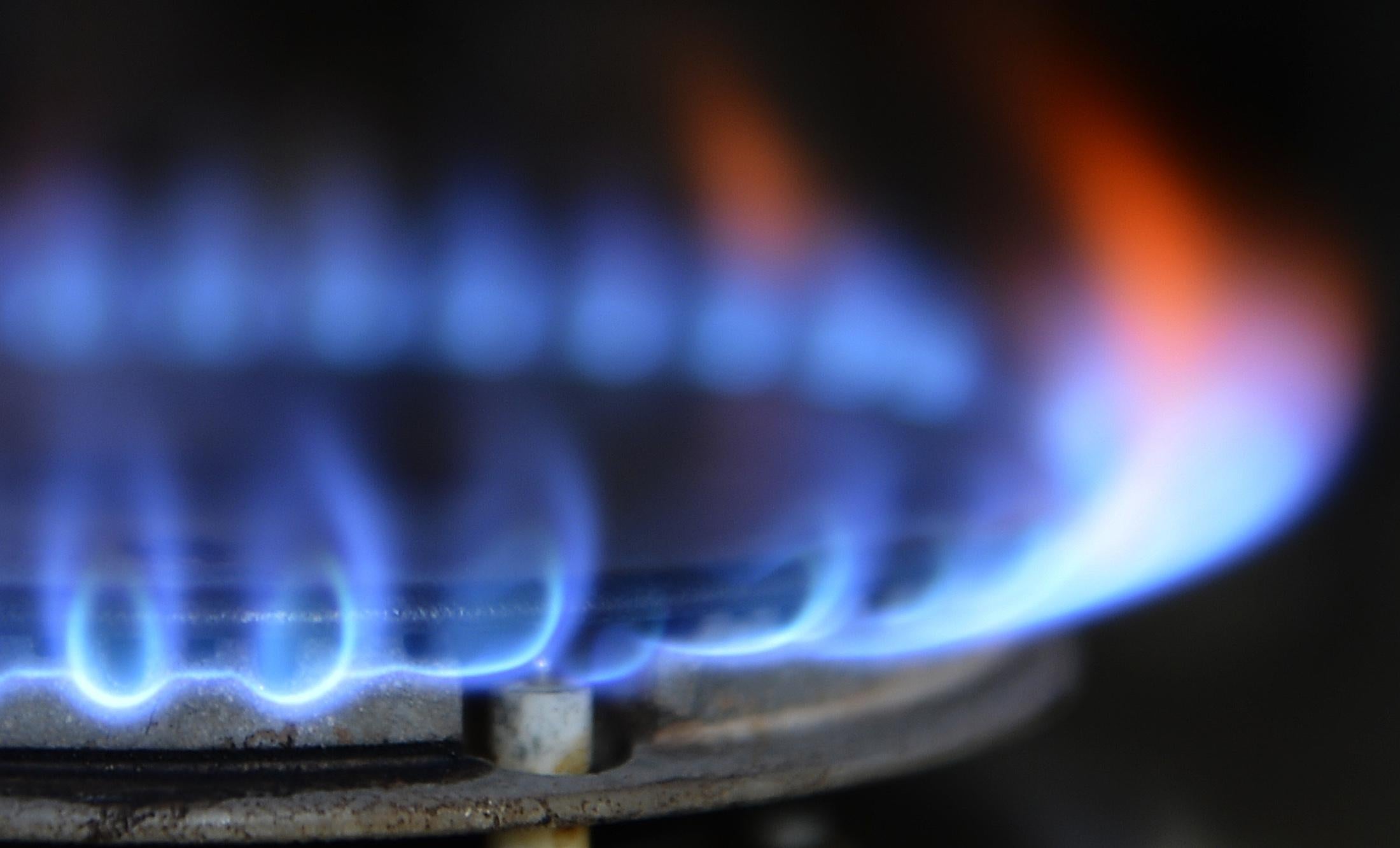UK households must brace for more energy price hikes
The British Gas increase could just be the starting pistol for an industry that seems to move together

Your support helps us to tell the story
From reproductive rights to climate change to Big Tech, The Independent is on the ground when the story is developing. Whether it's investigating the financials of Elon Musk's pro-Trump PAC or producing our latest documentary, 'The A Word', which shines a light on the American women fighting for reproductive rights, we know how important it is to parse out the facts from the messaging.
At such a critical moment in US history, we need reporters on the ground. Your donation allows us to keep sending journalists to speak to both sides of the story.
The Independent is trusted by Americans across the entire political spectrum. And unlike many other quality news outlets, we choose not to lock Americans out of our reporting and analysis with paywalls. We believe quality journalism should be available to everyone, paid for by those who can afford it.
Your support makes all the difference.This week saw the first of what could be a new round of energy price hikes with British Gas announcing a 5.5 per cent increase for customers on its standard variable tariff from the end of May.
Price increases like this always get some negative news coverage but they sting less going into the summer months, so it’s possible that customers notice less. However, it’s also very possible that that other energy firms could follow suit.
Martin Lewis from the website MoneySavingExpert suggests that now that British Gas is facing the “first-mover flak” others will be able to “sneak” hikes in afterwards for less, for a PR cost.
Georgie Frost of GoCompare Energy agrees that this could be the “starting gun” for a fresh round of hikes: “What tends to happen when one big-six energy provider increases prices is that the rest follow in fairly quick succession.”
However, Lewis also suggests that customers must recognise that some of the blame for paying more must be directed towards themselves.
“Millions of customers will rightly be furious with British Gas when they hear the news of this price hike – yet some of the ire must also be turned upon themselves,” he said.
“We live in a market where the ‘do-somethings’ pay far less than the ‘do-nothings’.”
Mr Lewis added: “For someone with typical use, British Gas customers can save over £350 a year by ditching and switching, and many firms who are far cheaper have vastly better customer service ratings. Therefore the message is plain. If you do nothing you will be taken advantage of.”
Cap in hand?
Some customers may be planning to await the planned price cap for standard variable tariffs, that is set to be implemented before the end of the year. Some 11 million households could benefit by up to £100 a year when such a cap is rolled out.
However, some analysts have expressed concern that such a cap could reduce competition within the sector, meaning people who actively switch don’t have the chance to benefit from the cheap deals they usually move to.
Price comparison websites and Ofgem have pointed out that customers could save as much as £300 by switching away from standard tariffs to more competitive suppliers and deals.
British Gas’s parent company Centrica said that the price increase was reflective of costs beyond its own control, while the firm itself blamed the cost of energy and government policies such as plans to tackle carbon emissions and the rollout of smart meters for the hike.
It has called for the government to move the cost of such policies onto taxation rather than energy bills.
However, the government has been scathing of this latest jump in prices. Energy minister Claire Perry said: “We are disappointed by British Gas’s announcement of an unjustified price rise in its default tariff when customers are already paying more than they need to.”
The cost of inaction
British Gas’s price hike will add around £60 to typical dual fuel customers’ bills and almost 4.1 million households will be affected.
However, this is the second jump in costs within a relatively short stretch and so customers could find it bites particularly hard.
Frost explains: “British Gas has bookended a very cold winter with two significant energy price rises. It was only on 15 September 2017 that they increased dual fuel prices by 7.3 per cent, so customers are facing their second price hike in just 8 months – a total increase of 12.8 per cent.”
Alex Neill, spokesperson for Which?, says: “This price rise will be a bitter blow for customers who have now seen their bills hiked by an average of £136 in nine months. They won't care about who is to blame, but they will question why they're being squeezed financially without seeing any difference in the value or service they're receiving.
“Before the energy price cap comes into effect later this year, customers still stuck on poor value standard tariffs should look to switch now as they could potentially save up to £359 a year.”
Customers can almost always save by switching away from a standard tariff. In the past, many have chosen inaction over savings but the numbers suggest that could now be shifting. In 2017 figures from Energy UK show that a record 5.5 million customers switched electricity supplier, a 15% increase on 2016.
And that customer movement could be putting pressure on the big-energy suppliers, as there now almost 60 energy firms to choose from. Almost three out of 10 customers who switched last year moved to small and mid-tier providers.
Hikes may happen but if more customers respond by switching then the market could respond by becoming more competitive. Don’t wait for winter to worry about bills; move now.
Join our commenting forum
Join thought-provoking conversations, follow other Independent readers and see their replies
Comments